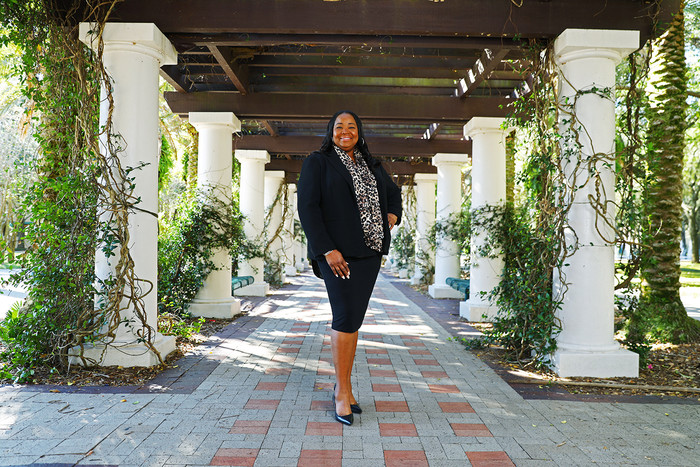CUNY is one of many universities that have embraced supplier diversity programs in recent years — a move that is sorely needed, says Tina Andrews, founder and managing director for the consulting firm Supplier Diversity Experts.
“In my 28 years of supplier diversity experience, educational institutions’ main focus has been on diversifying their faculty, and they also focus on the diversification of their student populations,” Andrews says. “However, what many do not understand is that supplier diversity is just as important — and, in some instances, even more important when it comes to growing your local economy. These partnerships can strengthen brand recognition, community outreach, company culture and marketing efforts.”
Supplier Diversity Programs Help Suppliers Grow
Diverse suppliers face a number of hurdles as they seek to serve the higher education sector, Choi notes. For one, individual departments and locations handle their own procurement at many universities (CUNY has 25 campuses), making it difficult for buyers to share best practices.
Also, higher education customers often place extremely large orders, which can create financing challenges for diverse suppliers, many of which are small businesses. Choi notes that CUNY works with CDW to provide financing options for diverse suppliers, expanding the number of projects that those vendors can bid on.
LEARN MORE: How business diversity programs create social and financial benefits.
“We’re buying 30,000 laptops at a time,” Choi says. “And our individual colleges are buying three or five devices every single day, for every department. It’s a lot to take in at once.” Having a global partner is key, he says, because they can help smaller vendors navigate the higher education environment and work with large institutions like CUNY.
In 2021, CUNY and CDW launched a mentorship program for diverse IT suppliers designed to enhance suppliers’ capabilities, assist in meeting development goals, and improve their ability to compete for and win contracts. Diverse suppliers also receive access to virtual training sessions on topics such as warehouse operations, results-driven sales and marketing, financial acumen and how to respond to requests for proposals.












